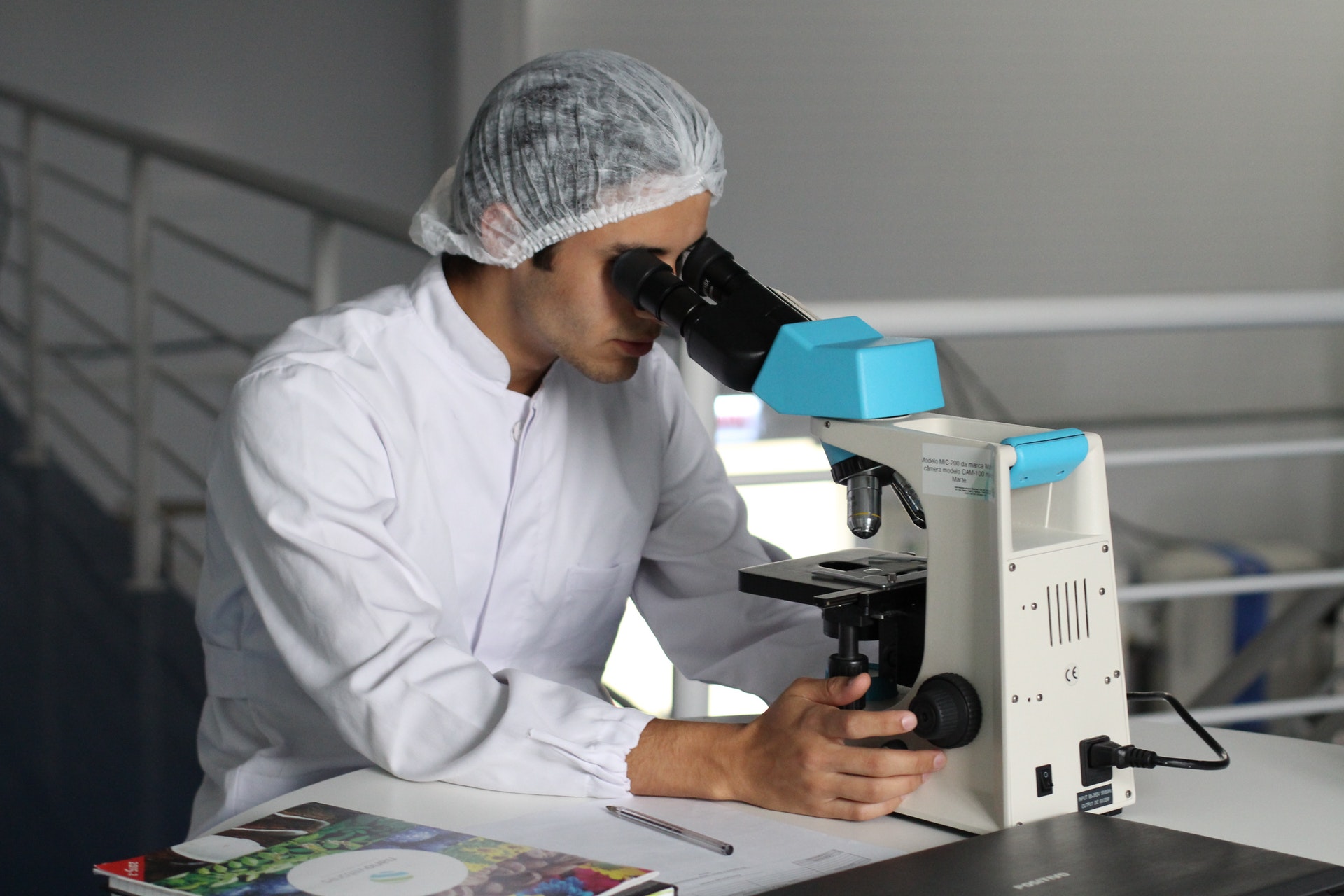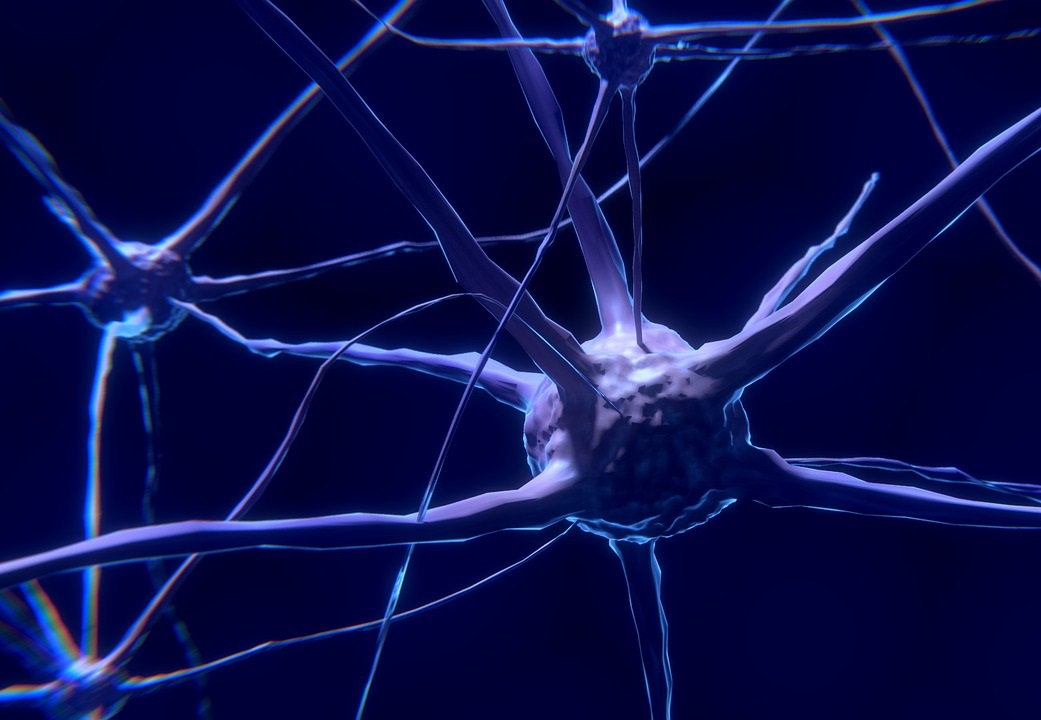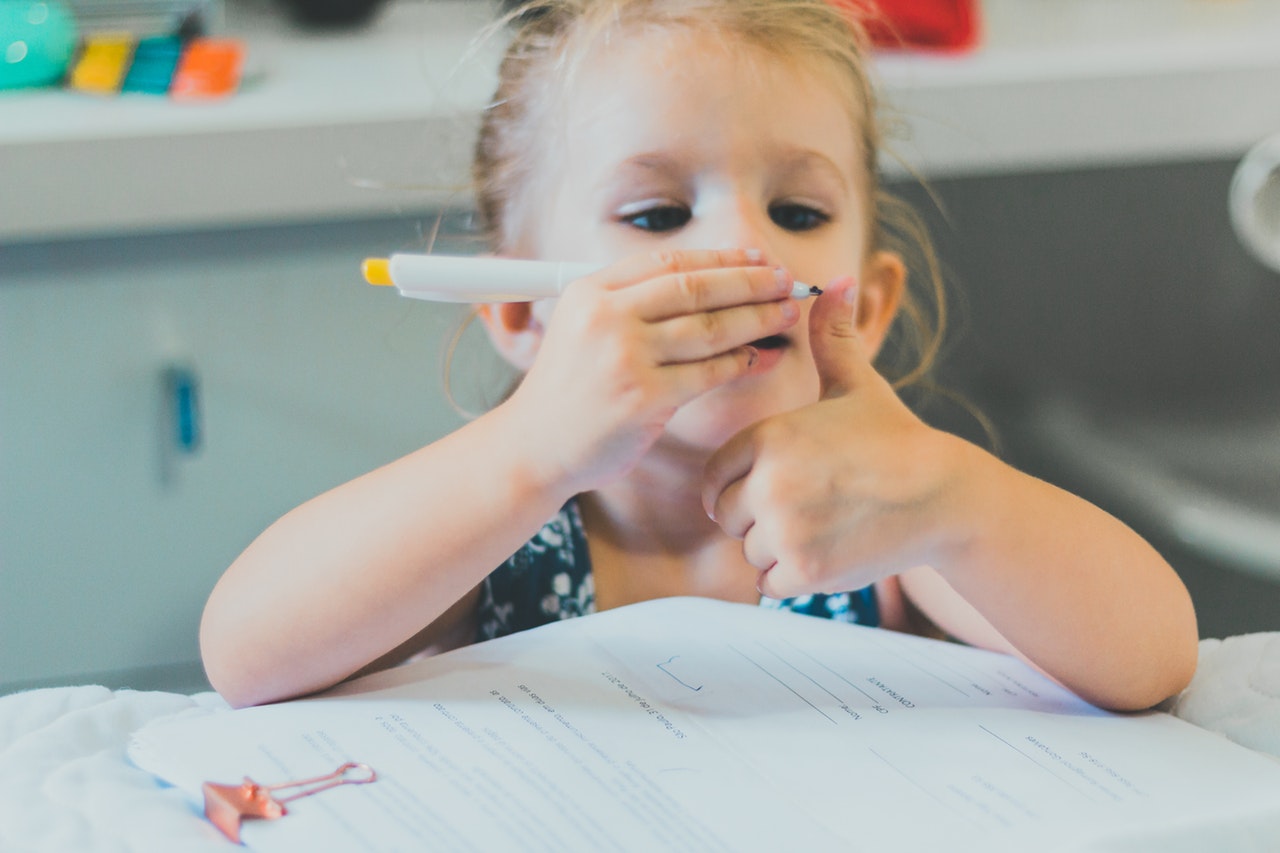WILANDT INSTITUTE
Education and Research Institute
Our mission is to support the science and education by conducting innovative research and
development projects.
About us
„Wilandt Institute” (WI) is an independent research organisation, conducting innovative scientific and educational projects, in order to raise the level and effectiveness in education. The WI activities focus on interdisciplinary research in the field of neurobiology, cognitive science, neuropsychology, pedagogy and psychology, propagating innovative educational solutions and conducting cultural activities. WI cooperates with specialists from Poland and internationally, aiming to develop innovative solutions for contemporary education. The Wilandt Institute is a continuation of almost a century-old family tradition, supporting education and learning as well as cultural life. The precursor of the activity was Maksymilian Wilandt, who in the twentieth century was involved in social and educational activities for children and adults.


Our mission
Advances in biotechnology and modern imaging technologies used in medicine have led to the rapid development of neurobiology in recent years. Cutting-edge technologies significantly improved our knowledge about brain itself and learning processes. The range of our interests includes:
- The processes in which the brain learns in the most natural and effective way;
- Healthy, balanced and effective emotional development of a human being;
- Creativity and processes of unconventional thinking;
We live in fascinating times when we can have a better insight into ourselves. WI uses the latest developments in biotechnology and medicine in order to better understand our most important body organ, the brain. Prime aim is to improve education, use human potential, achieve a sense of accomplishment and happiness.
Education
Education is one of the most important areas of our activities. Nowadays there are huge social and cultural changes and we can observe the following changes in education:
1. Changes of the keys competences, which currently are:
- communication in the mother tongue
- communication in foreign languages
- mathematical competences, basic scientific and technical competences
- IT competences
- Learning how to learn
- social and civic competences
- initiative and entrepreneurship
- cultural awareness and expression

2. The huge amount of information that we are exposed to every day requires the well developed skills such as data verification, analysis of sources and selection of valuable information.
3. Advances in biotechnology and modern imaging technologies used in medicine allow for rapid development of neurobiology and significantly improve our knowledge about how the brain learns.
Considering the above elements, we implement innovative solutions in education supported by reliable scientific research. To date, over 1500 educational research have been published, in which above 30 million students took part. It gives the opportunity to conduct evidence-based education. The analysis of data on effective education, emotional intelligence, social skills and creativity has l`ed us to research that points to the need to integrate education with music and artistic subjects. Therefore, we devote equally to neuroscience, music education as well as artistic and cultural education.j.
Publications
The Impact of Drama Education on Creativity Development at Preschool Children.
Learning, neural plasticity and sensitive periods: implications for language acquisition, music training and transfer across the lifespan.
Classroom Keyboard Instruction Improves Kindergarten Children’s Spatial-Temporal Performance: A Field Experiment.
Musical training, bilingualism, and executive function: working memory and inhibitory control.
What can education learn from the arts about the practice of education?
Perception of musical cooperation in jazz duets is predicted by social aptitude.
Pamięć : zjawiska zwykłe i niezwykłe.
Psychodydaktyka muzyczna. Zarys problematyki.
Neurodydaktyka. Nauczanie i uczenie się przyjazne mózgowi.
Our projects
Currently, WI is in the proces of establishement of a primary school in Sopot. The beginning of the school’s operation is planned for September 2019.
Partnership
Our goal is to support the science and education through research, development and innovation. We would like to cooperate with everyone for whom it is important to improve the effectiveness of teaching and foster edu-innovations. We run and support long-term research as well as shorter educational and artistic projects.
Support
Anyone willing to support our school financially, please make bank transfers to:
WILANDT INSTITUTE
ALIOR BANK
Account number: 38 2490 0005 0000 4520 6641 4071
Title of the transfer: „DONATION ON STATUTORY OBJECTIVES – EDUCATIONAL ACTIVITY”

